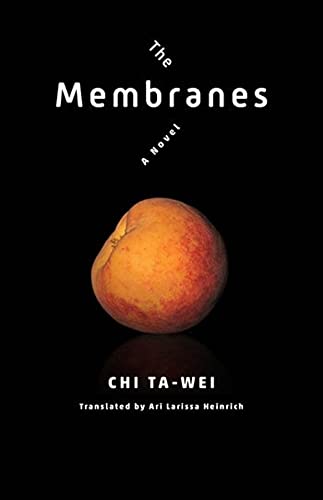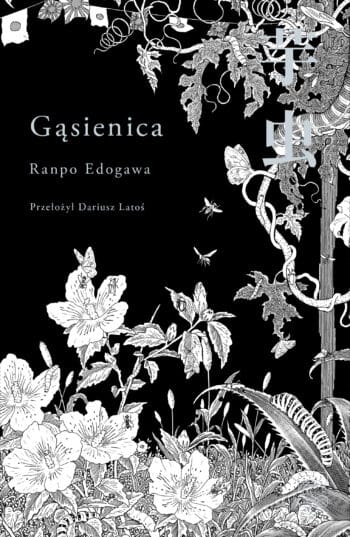I have no idea how to start the description of this book, because it certainly wasn’t what I expected. And no, it didn’t turn out to be worse – on the contrary. From the publisher’s description I imagined it as a multi-generational novel set in the Taiwanese countryside – and partly it is that. But for me, Kevin Chen’s Ghost Town is primarily a story about trauma – and yes, there are plenty of descriptions of highly graphic violence (both physical and psychological.)
The main character, Chen Tien-Hong, escapes from his home village to Berlin – in search of the meaning of life, work and love. He was aware that as a gay man he would never be able to be himself in the countryside. The novel begins with Chen being released from prison for the murder of his partner, T., and returning to his hometown, where his sisters still live. And since his return coincides with the Ghost Festival, all the characters are plagued by ghosts (real and imaginary) and painful memories of the past.
Ghost Town is a book that draws you in, but also leads you astray from time to time – it takes a while to get used to all the names and understand who is who (I don’t fully understand the translator’s decision to translate the names of the characters into English here, but – licentia poetica.) This is not a light book, sometimes chaotic, often cruel, and it does not give much hope. But if you’re interested in Taiwanese literature, it’s hard to talk about the canon of contemporary literature without Kevin Chen’s book, which became a bestseller in Taiwan and which, after the recent release of an English translation, has finally reached a wider audience.








